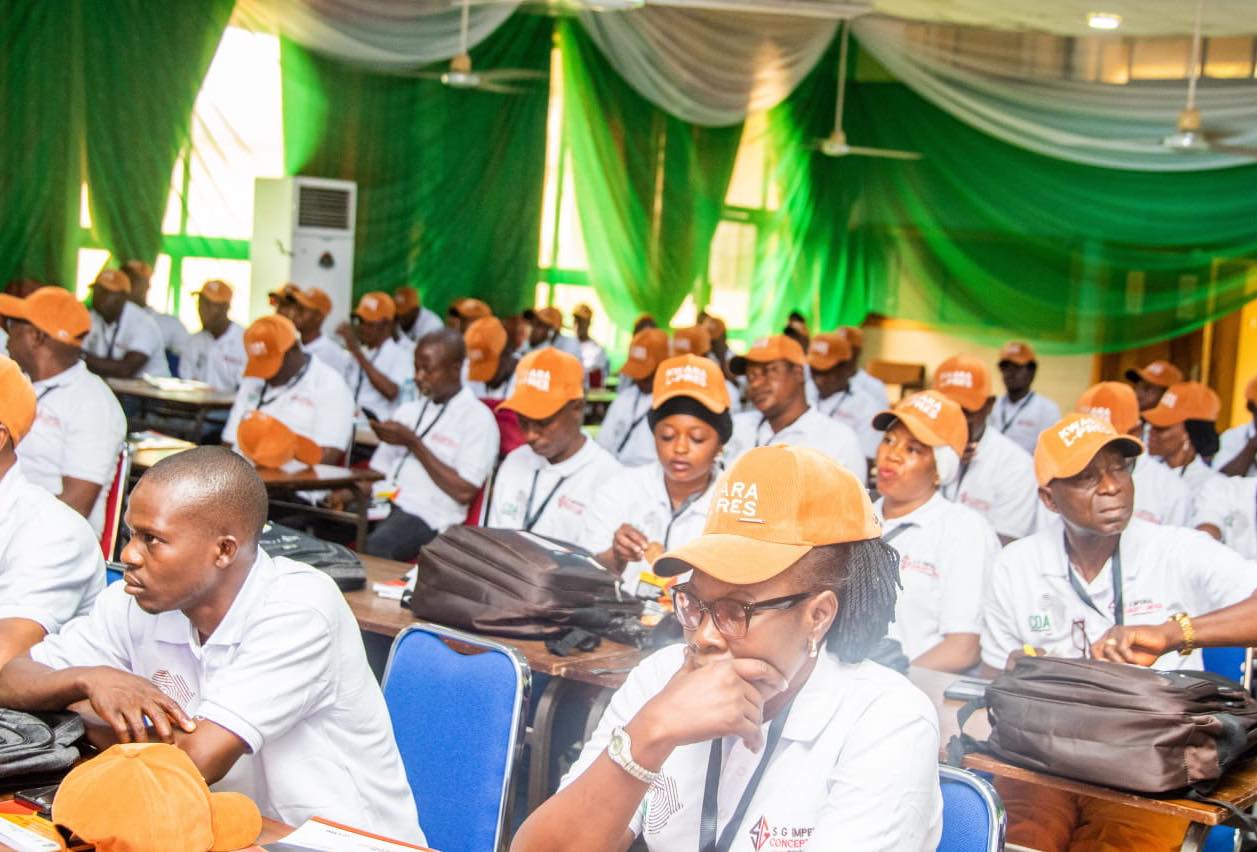Kwara Trains 100 Livestock Farmers in Fodder Production to Boost Resilience

The Kwara State Government has concluded a five-day capacity-building training programme for 100 livestock farmers and value chain actors on commercial fodder production and value addition.
Organised by the Livestock Productivity and Resilience Support Project (L-PRES) — a World Bank-assisted initiative — the training was facilitated by the Centre for Dryland Agriculture at Bayero University Kano (BUK) in partnership with S.G. Imperial Concept Limited.
The programme took place at the Agricultural and Rural Management Training Institute (ARMTI) in Kabba-Owode, Ifelodun Local Government Area of Kwara State.
The Project Coordinator highlighted that the initiative could help mitigate clashes between farmers and herders by promoting sustainable livestock practices.
Speaking at the closing ceremony of the training, the State Project Coordinator, Mr. Olusoji Oyawoye who was represented by the Project Extension Officer, Mr. Nureni AbdulRasaq said the initiative was capable of ensuring food security, improving economic livelihood and addressing persistent farmers/herders' clashes in the country.
Mr. Oyawoye commended the commitment of the participants to the transformation of the livestock sector, adding that the knowledge and skills gained during the training would help in the commercialization of fodder production and value chain addition, and enhance the livelihood of farmers, communities and contribute to food security in the State.
“Fodder is the production of feeds for animals. There are incessant farmer/herders clashes because animals are competing with humans for food. So, by the time we have farmers going fully into fodder production, that's employment for them. It will reduce clashes because pastoralists now know where to source feeds for their animals and reduce pressure on human food", he explained.
On his part, the lead facilitator from CDA, Dr. Akeem Ajeigbe projected that Nigeria's population would hit 300 million in the next 25 years and if we are to feed ourselves, there is a need to mechanize, intensify and commercialize agriculture.
According to him, the participants were trained in both theory and practical aspects of fodder production, adding that they were taught how to process fodder from various crop residues into livestock feeds, including forest trees".
Also Speaking, Mallam Abdulraheem Yahaya Onikpe, a retired federal civil servant and one of the participants, disclosed that the training would afford livestock farmers the wherewithal to feed their animals at minimal cost.
He then thanked the State government and its partners for giving them the opportunity to improve their knowledge in the livestock farming business.
Cloud Tag: What's trending
Click on a word/phrase to read more about it.
Olushola Saraki Medview Airlines Mike Omotosho Abdulrauf Yusuf Kehinde Baale NFAI Kuliyan Geri Dar-Al-Handasah Consultants KW-GIS Abubakar Lah Inside Kwara Simeon Ajibola Pakata Development Association Oke-Kura BECE Oniye Ahmed Bolaji Nagode John Obuh Kolawole Bashirat Lai Mohammed Hassan A. Saliu Economic And Financial Crimes Commission Rasheed Jimoh Tunji Ajanaku Isaac Aderemi Kolawole Peculiar Allowance Muyiwa Oladipo Kanu Ayo Opadokun Rice Farmers Association Of Nigeria Sayomi Ahmed Bayero Umar Ayinla Saro Sidikat Akaje Olabode Towoju Pacify Labs Trader Moni Markaz Arabic And Islamic Training Institute, Agege Ileloke Apaola Abdulraheem Olesin Countryside Emerging Leaders Fellowship Bashirat Bola Bello Lanre Olosunde Pategi Agor Market Abdulhakeem Amao Ibrahim Labaika Taofeek Sanusi Ajakaye Femtech Ahmad Olayiwola Kamaldeen Kamaldeen Ajibade Rihanat Ajia Gbugbu Yusuf Aiyedun Bashir Adigun Bayo Ajia Ilorin Descendants Progressive Union Baba Idris Ahmed \'Lateef Galadima Danhawa Gwanara Adam Abdullahi Al-Ilory Shaaba Lafiagi Yaru Ayo Adeyemi Haruna Tambiri Mohammed Adedeji Onimago Abubakar Bature Sulu-Gambari Anilelerin Ganmo Electricity Sub-Station Kehinde Boyede Ibrahim Abikan Idowu Laro UITH Fatai Adeniyi Garba


